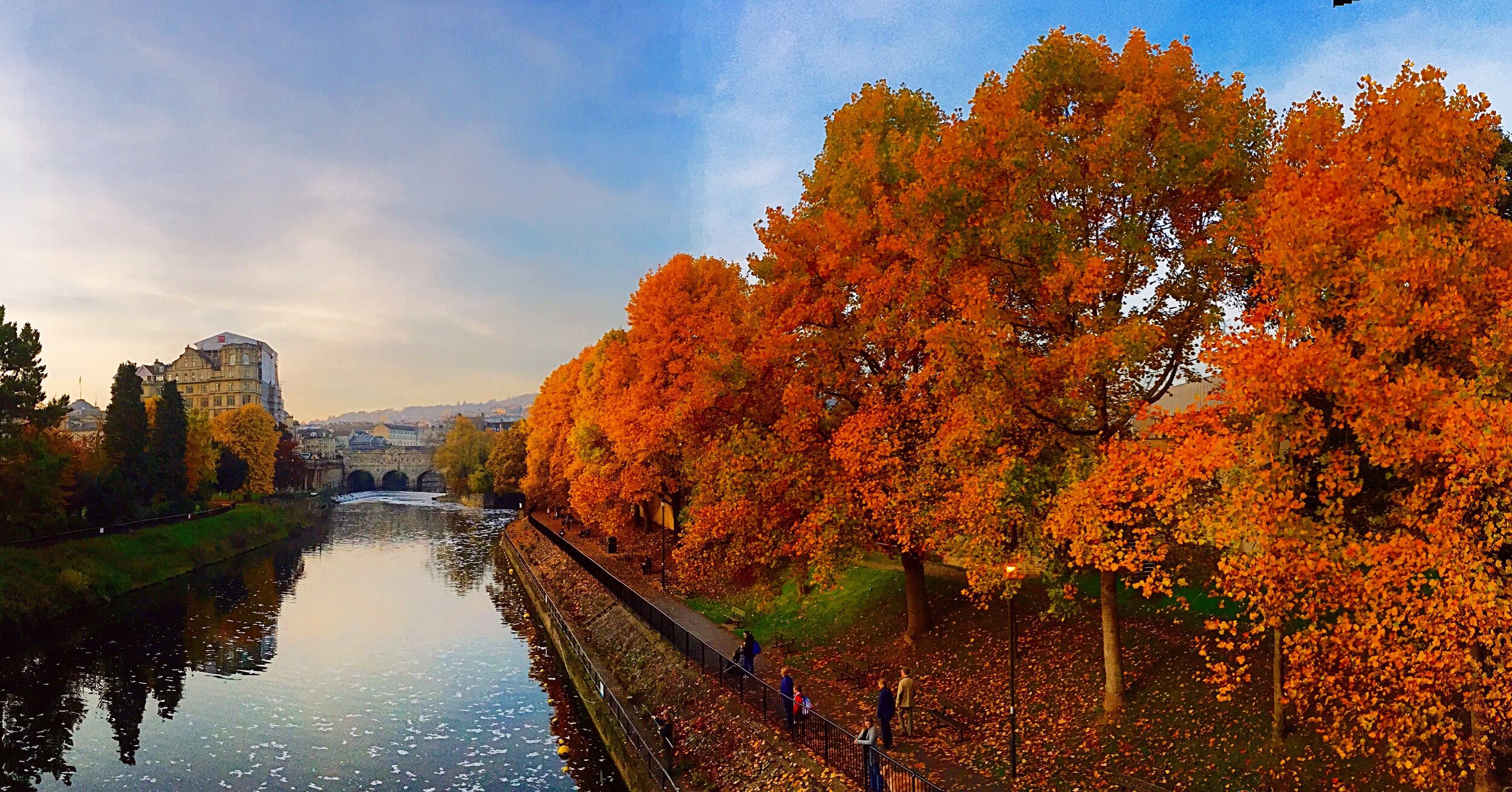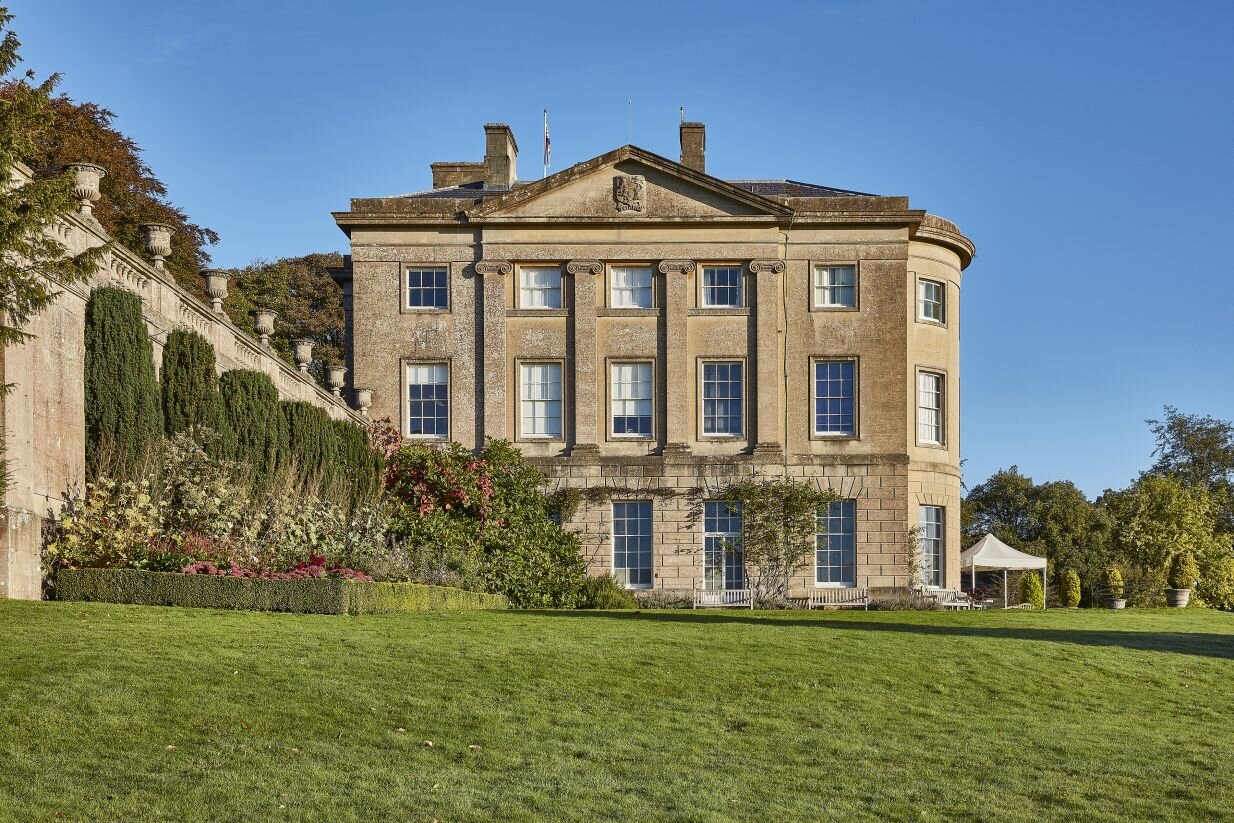
History
Courses available in History
ASE’s History offerings cover every century of British history from the arrival of the Romans to the recent Gulf Wars. Students can choose seminars and/or tutorials in practically any period, from Roman Britain, through the Vikings and the Tudor and Stuart monarchies, to Modern British Political History. Many seminar classes incorporate a study trip, allowing a unique opportunity to explore the history on our doorstep; and a number of internship placements have specific relevance and appeal.
In this course, we will consider different ways of looking at the castle, not just as a piece of military architecture, but as a home, a centre of power and a stage for social and cultural display.
This course examines the development of Irish nationalism, the struggle for Irish independence and the development of a separate identity in the north-east of Ireland.
This course looks at the key political developments in twentieth-century Britain from 1900 to the present.
What are museums for? Are they simply repositories of objects, or institutions for political and societal change?
This course will engage with current debates around museums: the repatriation of objects, the display of human remains, accessibility, and the cultural politics and active agency of the pieces on display.
This course investigates both the impact of the Roman invasion upon Britain and also the role and function of Britain within the wider Roman empire.
When rock music first hit American mainstream culture, it was understood within the industry that it borrowed sounds from blues, gospel music, and jazz. While these genres are still considered to be the origins of rock and roll, further study reveals far-reaching links connecting distant cultures and rock music over a span of millennia. This course examines rock's ancient roots, which lie in a global dialogue that continues to evolve.
The Tudor and Stuart period was one of almost continuous social and political conflict, out of which came the outline of modern Britain.
This course will study Britain ‘inside and outside’ the Imperial experience, looking at rival arguments about what fuelled the industrial revolution.
The image of the pillaging Viking raider is a mainstay of popular culture, but behind that image lies a much more complex reality. Students will use a variety of primary source material to explore the diverse and culturally complex Viking world.
This course explores the magical world of pre-modern magic. From malevolent witches, to the cunning folk who sold magical cures, England was filled with people dabbling in the supernatural.
The American Museum in Britain was founded in 1958 to show the achievements of Americans in the decorative arts, and to promote Anglo-American understanding.
This internship is based with the Roman Baths Learning and Participation team and involves working with school and family groups, providing out-of-class learning activities.
Situated in an elegant Georgian town house in the centre of the City, the Jane Austen Centre houses a permanent exhibition which tells the story of Jane Austen’s brief but eventful stay in Bath.
M Shed tells the fascinating story of Bristol, a vibrant and historically significant city just 15 minutes from Bath by train.
The Museum of Bath at Work charts Bath’s fascinating commercial and industrial history, and its development as a manufacturing centre as well as a tourist destination.
Nearly a million tourists a year from across the globe come to see the Roman Baths, making the site one of the leading visitor attractions in the country.
With its two museums, historic nineteenth-century dockyard and lovingly restored Victorian ship, Brunel’s SS Great Britain is now Bristol’s number one visitor attraction. We tell the incredible story of one of Britain’s greatest engineers, and one of the most important ships in maritime history.
Trowbridge Museum explores 1000 years of the town's history, from its roots in the Saxon period to its place as a centre for production of the internationally-prized West of England Woollen Cloth.



















